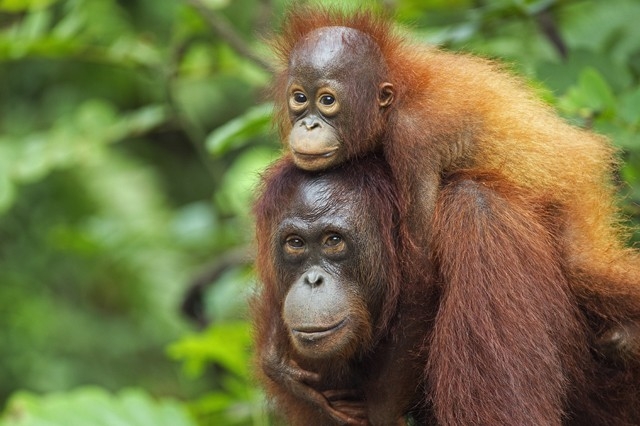
 It's cheap, it's convenient, it's evil. It's palm oil!
It's cheap, it's convenient, it's evil. It's palm oil!
Everybody enjoys indulging in a bit of junk food every now and again. But as well as the impact on health and our wallets, there is a big, dark shadow that lurks over the foods that we enjoy. That is that most of it contains palm oil.
From treats like biscuits and pies to everyday essentials like shampoo and toothpaste. In fact, palm oil is in most products that we use and consume everyday, not just the unhealthy ones! But what is palm oil and why is it such a big deal?
Palm oil is derived from palm fruit and can be grown in any eco system where there is an abundance of rain and sunshine, mostly countries in Africa, Asia, North-America and South America.

However, it is the collecting of the oil where the issue arises.
As well as causing horrific deforestation (which leads to problems in climate change), destruction to natural habitats and the rights and homes of indigenous people being wrecked, the amount of barbaric animal cruelty involved in its collection is beyond words.
Shocking secret footage filmed in the plantations has revealed orangutans, whose home is in the palm fruit forests, being dragged along the floor, with a truckload of them having half their skin ripped off in the process.

The film also shows heart-breaking footage of orphaned baby orangutans clinging to their dead mothers who have starved to death. Due to their habitat being destroyed for the palm oil in the products we use.

If this level of deforestation continues, then it’s believed that orangutans will be extinct within 5-10 years and the Sumatran tiger in less than 3 years!

So, what can be done to prevent all this?
As a consumer, what we buy as individuals has a huge impact on the decisions made by companies, as to what they invest in and use as part of the ingredients for their products. Experts say the best option is to buy products that contain sustainable palm oil and to look out for the RSPO (Roundtable on Sustainable Palm Oil) label on products.
The other options to help stop the spread of unsustainable palm oil in products is to research, spread the word, sign campaigns, boycott or put pressure on certain companies to do the right thing. Or even consider taking part in some volunteer work to work with orangutans in Asia to help put a stop to this unethical practice.
